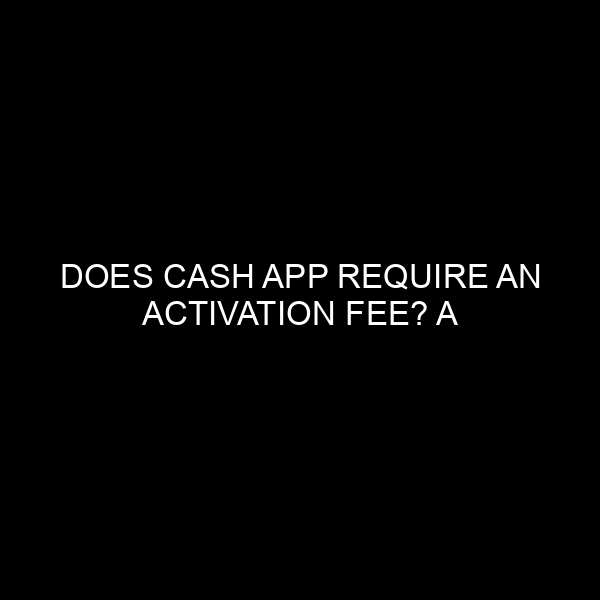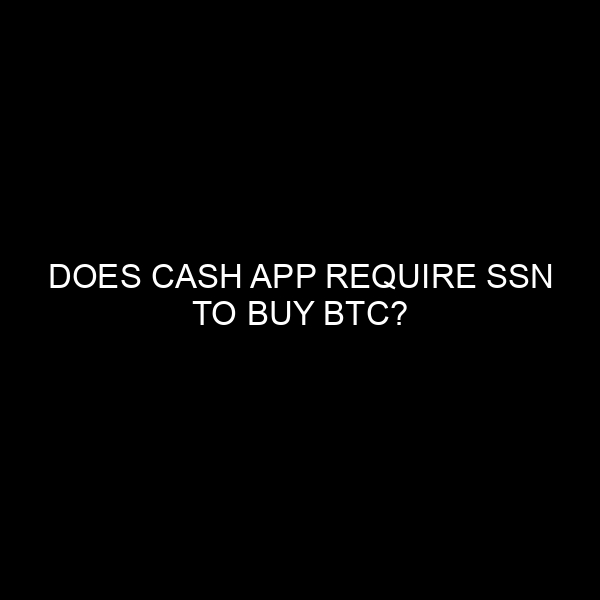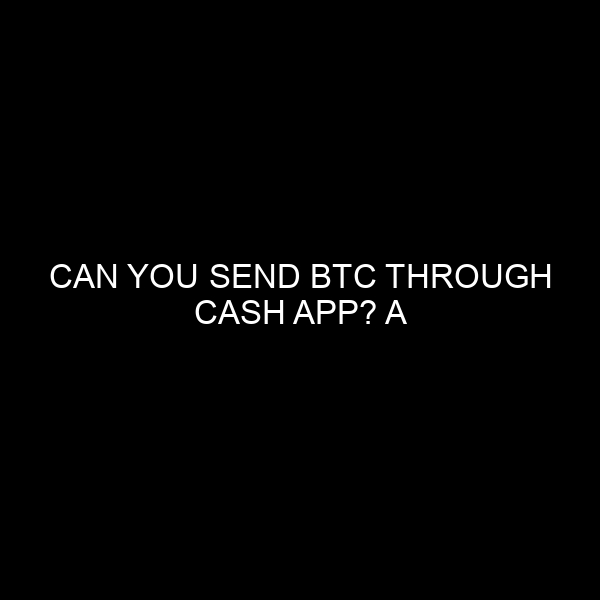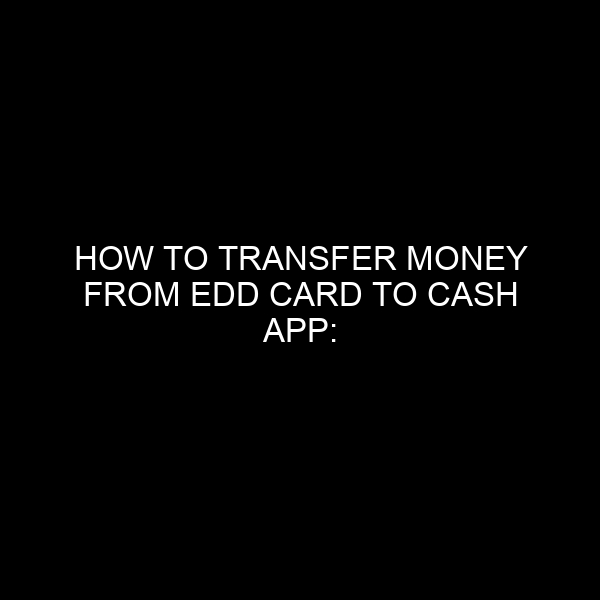Does Cash App Require an Activation Fee? A Comprehensive Insight
With the evolution of the digital banking landscape, peer-to-peer (P2P) payment platforms such as Cash App have emerged as a staple for individuals seeking an efficient way to transfer money. Designed to simplify the payment process, Cash App has won a massive user base, primarily in the US. However, with its growing popularity, there’s a recurring query that needs to be addressed: Does Cash App require an activation fee?
In the banking and financial markets, fees are commonplace. We see them for maintenance, overdrafts, and even while using an ATM in some instances. But does this same fee-driven model apply to modern P2P platforms? Let’s dive deeper into this topic to unravel the truth about Cash App’s fee structure.
The Origins of Cash App
Before we discuss the specifics, it’s worthwhile to understand the origins of Cash App. Developed by Square Inc., a renowned financial technology company, Cash App was designed to provide a seamless and fast method for money transfers. Its user-friendly interface and innovative features, like the $Cashtag, make it an attractive choice for both individuals and businesses.
Unveiling the Truth: Activation Fees in P2P Platforms
Cash App’s Activation Model
The straightforward answer to the central question is no, Cash App does not charge an activation fee. When users first download the app and set up their account, they can immediately start sending and receiving money without incurring an activation charge.
Why Some Users Might Think There’s a Fee
The misconception about activation fees can stem from the various scams and misleading information available online. Fraudsters, attempting to exploit naive users, might claim there’s a need to pay an “activation fee” to start using Cash App. Always be wary of such claims. Square Inc. has continually emphasized that they do not charge users to activate their accounts.
Other Associated Fees with Cash App
Though there’s no activation fee, it’s essential to understand that Cash App, like other P2P platforms, has a structure for other types of charges. Here’s a breakdown:
Instant Transfers
While standard bank transfers on Cash App are free and usually take 1-3 business days, users can opt for an instant transfer to their bank account, which carries a fee (usually a small percentage of the transferred amount).
Credit Card Payments
Using a credit card to send money via Cash App will incur a fee, typically a percentage of the sent amount. However, sending money via a linked bank account or your Cash App balance is free.
Cash Card Usage
Cash App offers a free Visa debit card (known as the Cash Card) which allows users to spend their Cash App balance. While the card itself and most of its usage are free, certain ATMs might charge fees for withdrawals.
Safety Tips for Cash App Users
- Never Share Sensitive Information: Cash App or any official representative will never ask for your PIN, sign-in code, or other sensitive data.
- Double-Check Transactions: Ensure that you’re sending money to the correct recipient by verifying their $Cashtag or associated mobile number/email.
- Be Cautious of Unofficial Channels: Only contact Cash App support via the app or the official website. Avoid third-party websites or phone numbers claiming to offer Cash App support.
Conclusion
In an age where digital transactions are becoming the norm, it’s vital to stay informed and be vigilant. While Cash App provides a streamlined and efficient method to handle money transfers, understanding its fee structure can save users from unexpected costs and potential scams. Always remember, when it comes to activation, Cash App doesn’t charge a dime.






